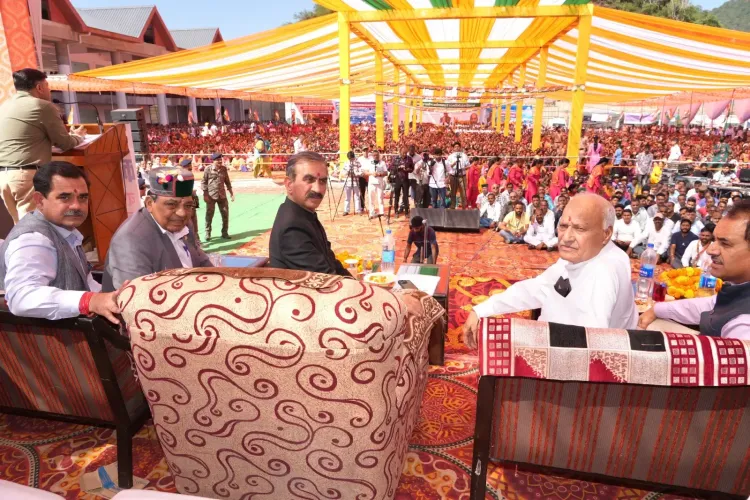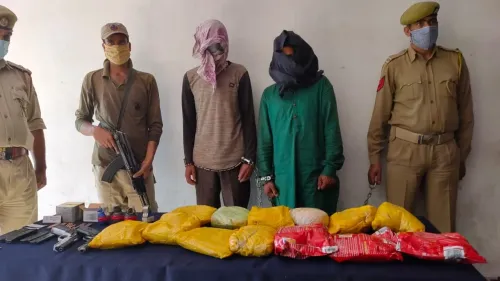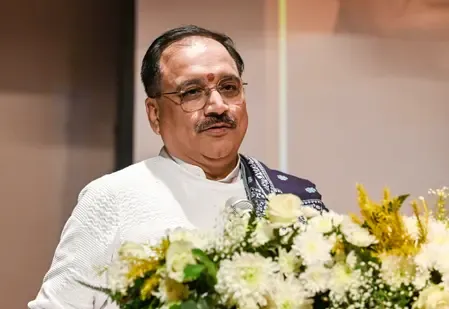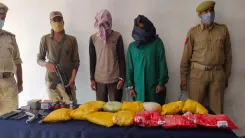Will Himachal Start Procuring Naturally Grown Barley on October 8?

Synopsis
Key Takeaways
- Procurement starts on October 8 at Rs 60 per kg.
- Five centres set up in Pangi Valley for barley procurement.
- 80 farmers registered to benefit from this initiative.
- Support for natural farming is a state priority.
- Government aims to strengthen the rural economy.
Shimla, Oct 5 (NationPress) The government of Himachal Pradesh is set to initiate the procurement of naturally grown barley in Pangi starting from October 8, with a minimum support price (MSP) of Rs 60 per kg, as announced on Sunday.
This marks the first-ever government-supported procurement initiative in this remote area, igniting a wave of enthusiasm among local farmers.
A representative from the government stated that the Agriculture Department has completed all necessary preparations for the barley procurement.
Five dedicated procurement centres have been established throughout the Pangi Valley at Hudan, Sechu, Sural, Killar, and Sach.
Currently, 80 farmers from Pangi have registered with the department to take advantage of this new opportunity.
Promoting natural farming is a crucial focus for the state government, which has already finished procuring naturally grown wheat from across Himachal Pradesh.
Through 22 procurement centres, a total of 2,123.587 quintals of wheat has been acquired from 838 farmers.
This procured wheat is being converted into flour and porridge, marketed under the 'Him-Bhog' brand.
Farmers have received Rs 1.27 crore for their produce, along with Rs 4.15 lakh as a transport subsidy.
The spokesperson emphasized the state government’s commitment to fostering naturally grown produce by offering MSPs for various crops, including Rs 60 per kg for barley, Rs 40 for maize, Rs 90 for raw turmeric, and Rs 60 for wheat.
This initiative not only guarantees chemical-free food for consumers but also ensures higher prices for farmers who engage in natural farming practices.
Chief Minister Sukhvinder Singh Sukhu stated that the current government aims to bolster the rural economy and directly empower villagers financially.
To support this goal, the state government has introduced two new initiatives: the Milk Incentive Scheme and the Transport Subsidy Scheme, commencing in the Arki Assembly constituency of Solan district.
Under the milk incentive scheme, farmers involved with registered milk cooperative societies will earn an incentive of Rs 3 per litre, while private milk societies will also benefit from Rs 3 per litre in financial aid for milk collection and transportation.










